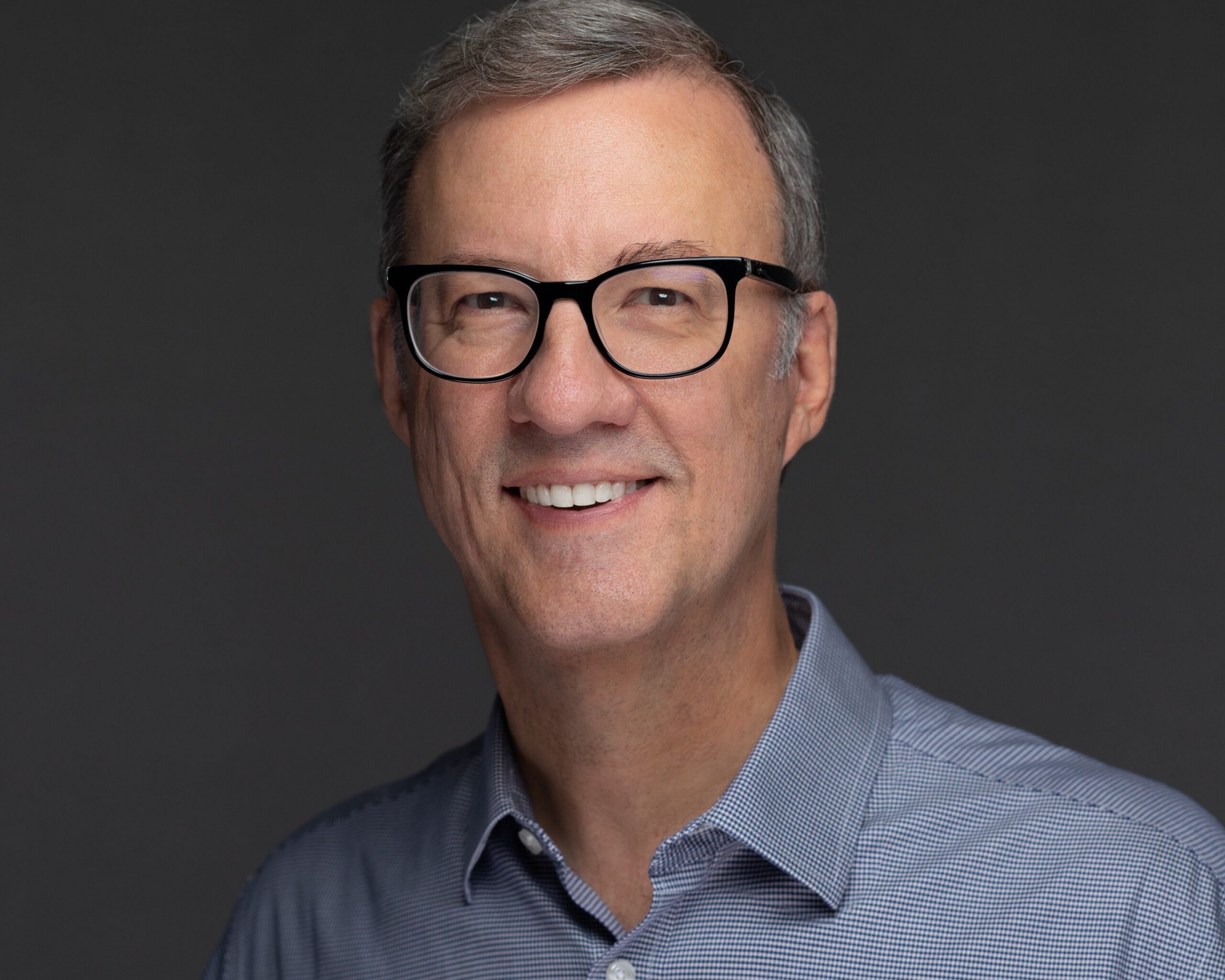Early one morning more than 10 years ago I sat in our church’s prayer room asking “But can it work here?”
I had just read Joel Comiskey’s book Home Cell Group Explosion. I was captivated as I read about churches in Latin America which grew to amazing sizes while producing high quality disciples. The promise of a church which made disciples which made disciples was pulling me strongly.
But suburban Pittsburgh is a long way from Latin America. Would it work here? In prayer that morning I sensed God giving me two seemingly contradictory answers: 1) “What you read won’t work in Pittsburgh”, and, 2) “do it” (implement cell ministry at our church).
As we became a cell-based ministry I was pleased at the results in the lives of our people, and I was highly committed to the foundational principles. It was “working” in many ways. We have grown significantly in both number and maturity. But I knew that God had also shown me “it won’t work here”, and I didn’t know what to make of this contradiction.
Today I realize that God was showing me that copying what happened in Bogata or elsewhere would not work in Pittsburgh; I would need to keep listening to the Spirit about how to shape the ministry around the key biblical principals while learning from others.
For example, our Encounter Retreat is different in many ways from the ones in Bogata or Baton Rouge. Yet, yesterday I was moved to tears as I read accounts of last weekend’s Encounter: a man with no feeling in his feet and walking for years with a cane left healed and no longer uses a cane. A couple that had been ready for divorce and to walk away from God has been transformed. They recommitted to God and to each other – they’re glowing and testifying to God’s power. They credit their group for embracing them with love and guiding them toward the weekend.
I hear so many leaders ask the same question: Will it work here? Answer: What they are doing elsewhere won’t work for you, but the Holy Spirit will show you how to employ the key principles where you are.
Jim Hylton recently spoke at Crossroads on the subject of healing. It was thrilling to hear the reports of people being healed, and to see believers learning themselves how to pray for healing.
I believe churches should equip their people to pray for healing. Jesus told his followers to preach the gospel and to heal the sick. Healing expresses the Kingdom of God in a unique way.
People most effective in healing prayer share a few traits:
1. They listen to God. He will often reveal underlying factors causing the illness and how to pray in response.
2. They pray with expectation — faith that God can and wants to heal.
–> They have compassion.
Some years ago, Jim worked closely with John Wimber, one of the most respected and effective leaders in the area of healing prayer. When I asked him about Wimber, Jim said he was the most compassionate man he had ever known.
It is interesting that this is the quality Jim noted. Wimber was an exceptional, trail-blazing leader; he formed the Vineyard network of churches, taught a pioneering class on signs and wonder at Fuller Seminary, planted a church which quickly grew to over 5,000, created a distinctive style of worship music, and preached all over the world. Pioneering leaders generally can’t afford to be compassionate. Yet what Jim noted about John was that he was the most compassionate man he ever knew.
I asked Jim if John’s compassion was key to his effectiveness at healing, and Jim said, “certainly”. After all, the New Testament tells us that Jesus, filled with compassion, healed others.
We can grow in our ability to pray for healing by asking God to pour into us more of his compassion for hurting people.
About Me

Steve Cordle is the founding and lead pastor of Crossroads Church, a small group-based congregation with five locations in the Pittsburgh metro area. He also leads a18movement, a non-profit dedicated catalyzing church plants globally. Steve is the author of three books: A Jesus-Shaped Life, Hear it, See it, Risk it, and The Church in Many Houses. He coaches pastors and church planters in the United States and Western Europe. He enjoys running, playing classical piano, and all Pittsburgh sports. Steve is a graduate of Asbury Theological Seminary (M. Div) and United Theological Seminary (D. Min). Steve and his wife, Linda, have three grown sons, three daughters-in-love, and three grandchildren.
Subscribe to My Email List
Recent Posts
Archives
- September 2020
- July 2020
- June 2020
- May 2020
- April 2019
- March 2019
- May 2018
- June 2015
- February 2015
- September 2014
- August 2014
- July 2014
- April 2014
- February 2014
- January 2014
- December 2013
- October 2013
- December 2012
- August 2012
- July 2012
- March 2012
- February 2012
- January 2012
- December 2011
- November 2011
- October 2011
- September 2011
- July 2011
- May 2011
- April 2011
- March 2011
- February 2011

Recent Comments